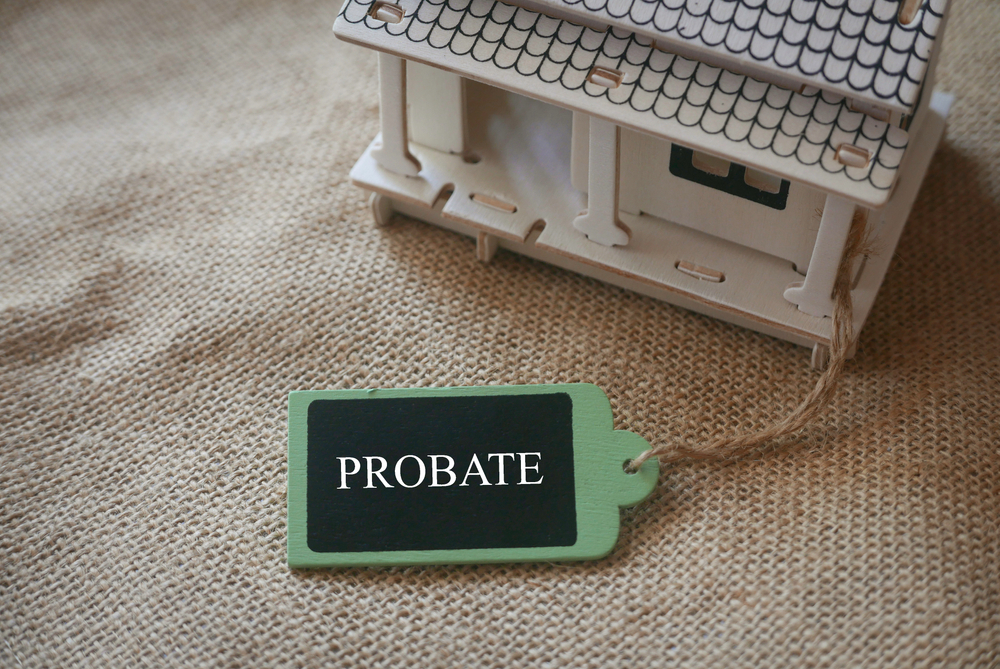
Does a Surviving Spouse Automatically Inherit Everything in Texas?

Navigating inheritance issues in Texas can be a complicated, emotional topic, particularly when the person who has died did not have an estate plan or will in place. Without a will or other estate plan, the deceased’s property will be divided according to the state’s inheritance laws. If there’s no will, some people may not receive as much of the deceased’s assets as they thought they would or anything at all.
For example, people might assume that if their spouse dies without a will, they automatically inherit everything in the deceased’s estate. This is not necessarily the case, though, particularly if the deceased has surviving children from their marriage. If you want to know more about Texas’s inheritance and succession laws, keep reading or contact the Bedford estate planning lawyers at Hargrave Law, P.C.
Community Property vs. Separate Property
Before digging into the details of Texas’ inheritance laws, it is essential to understand the difference between community property and separate property in a marriage, as different rules apply to different types of property. Community property is anything acquired by either spouse during marriage. Unless a spouse deliberately keeps certain assets separate and does not mingle these assets with the couple’s shared property, it is assumed that anything that either spouse bought or owned is community property.
Separate property is anything a spouse owned before a marriage or received through a gift or inheritance during the marriage. However, what was separate property can be considered community property if a spouse mingles their individual assets with the couple’s shared estate. These occasionally blurry lines between community and separate property can create friction in inheritance disputes. If you have a house, car, or other property you want to keep separate from whatever assets you share with your spouse, you should talk to a Bedford estate planning lawyer.
Inheritance Laws in Bedford, TX
If someone in Texas dies and they have a valid will, their property will be divided according to the terms of the will. Otherwise, the deceased’s property must be divided according to Texas’s intestate succession laws. (“Intestate” is a legal term meaning someone died without a will.) Here is a brief overview of what those laws say:
- If you have a surviving spouse but no surviving children, then your spouse will inherit all your community property. Your spouse will also receive all your separate “personal” property, which is anything you own that can be easily moved or transferred (jewelry, personal items, etc.). However, your spouse will only receive half of your separate “real” property, which includes things like land, real estate, etc. The other half of your separate real property goes to your surviving parents, siblings, or siblings’ descendants according to a formula spelled out in the law.
- If you have a surviving spouse and surviving children, the laws get a lot more complicated. If all your surviving children are children of your surviving spouse, then your surviving spouse will inherit all your community property. If you have other children from another relationship, though, your spouse will receive half of your community property, and the other half will be divided among all your surviving children. As for separate property, if you have surviving children, your spouse will receive one-third of your personal property and one-third of your real property, while your children will receive the rest of your separate property.
Have Questions About Texas’ Inheritance Laws? Contact a Bedford Estate Planning Lawyer Now
The best way to minimize confusion and conflict over inheritance matters in Texas is to work with an experienced estate planning lawyer. The team at Hargrave Law, P.C. can help you draw up a will and create an estate plan so you know your final wishes will be honored upon your death. Call us today at 817-282-0679 or visit our contact page for a consultation.







